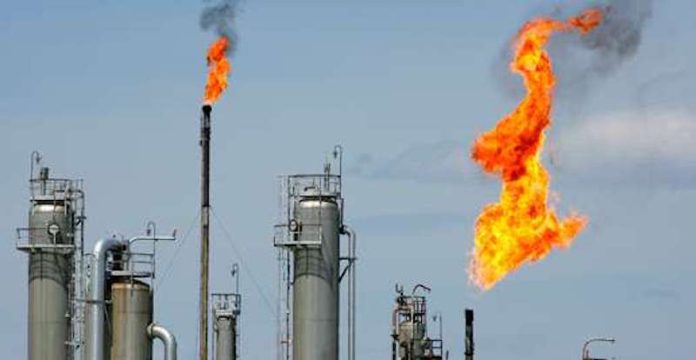On Tuesday, the federal government said that, as part of its efforts to switch from fossil fuels to greener energy, it has begun looking at potential in green hydrogen.
This was revealed by Ekperikpe Ekpo, the Minister of State for Petroleum Resources (Gas), during the Federal Ministry of Innovation, Science and Technology’s Stakeholders’ Engagement on Green Hydrogen Development in Nigeria in Abuja.
He pointed out that the search for sustainable energy solutions has forced stakeholders to adopt an inventive mentality and go into the undiscovered realm of green hydrogen generation.
He said, “In Nigeria, we have embraced our gas resources as our transition fuel, aligning with our vision to declare 2021-2030 as the decade of gas in Nigeria.
“With a proven gas reserve of 208 trillion Cubic Feet and the implementation of appropriate policies and regulations to enhance the utilisation of these resources, Nigeria stands poised to emerge as an industrialised nation.
“While we continue to harness our gas resources, we remain open to exploring opportunities in hydrogen. Nigeria, endowed with rich oil and gas resources, occupies a unique position to leverage its expertise and infrastructure in transitioning towards our hydrogen potential.”
Ekpo stated that the prospect for synergy between conventional and sustainable energy was vast, adding that the country must seize that opportunity to diversify its energy portfolio.
Explaining the usefulness of green hydrogen, the Minister of Innovation, Science and Technology, Uche Geoffrey, said, “As we know, green hydrogen results from splitting water molecules into hydrogen and oxygen, using electricity generated from renewable sources.
“It offers excellent potential to address the detrimental impacts of climate change occasioned by the release of greenhouse gases from fossil fuels into the environment.
“It also serves as viable and sustainable pathways for alternative energy generation, industrial development, environmentally friendly transport fuel, methanol production, fertiliser production among other economic uses.”
Geoffrey stated that the global demand for hydrogen would likely climax at about 700 million metric tonnes by the year 2050, with annual hydrogen production projected to increase by 9.2 per cent annually until 2030.
“Therefore, there is no better time for Nigeria to plug into this opportunity to avoid playing catch-up with the Western world. As a country, Nigeria must play a critical and leading role in the global energy transition,” he mentioned.
The country under former President Muhammadu Buhari adopted gas as its transition fuel.











